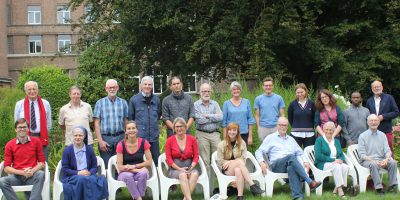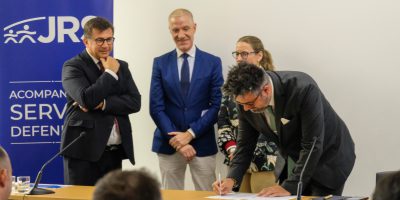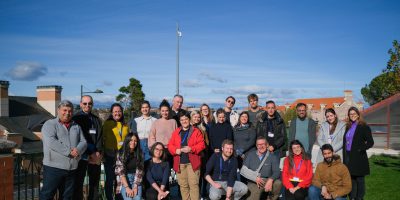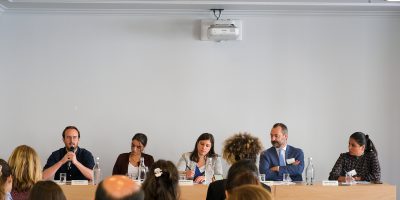Immigration detention
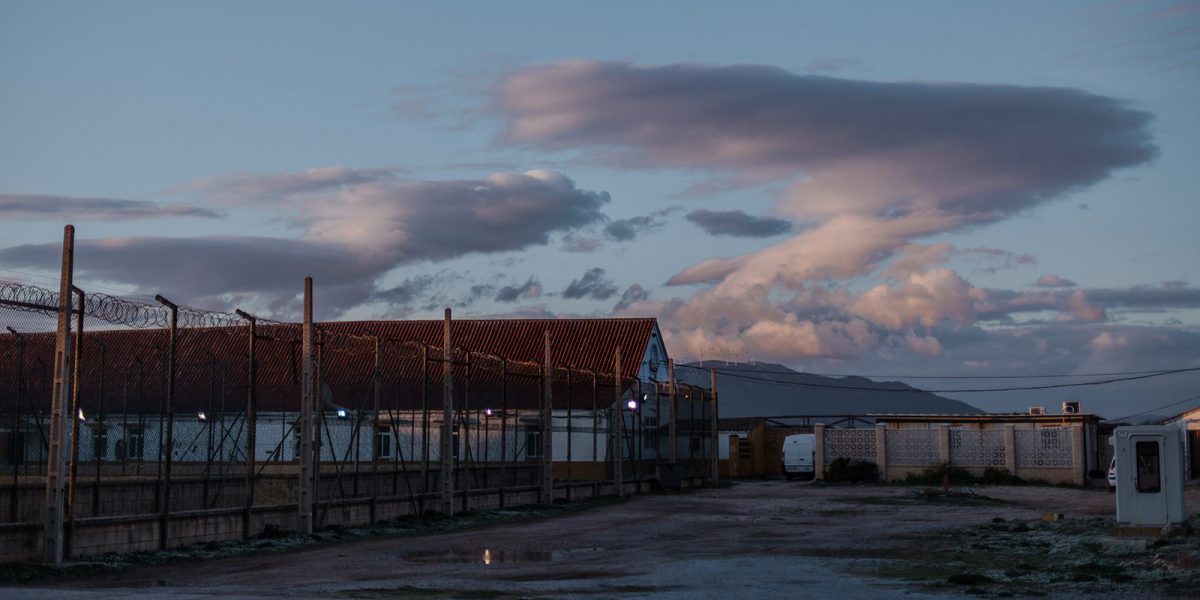
What is immigration detention?
Immigration detention refers to the detention of migrants (including asylum seekers), either upon irregularly seeking entry into a country or pending deportation, removal or return from a country.
Challenges in today’s Europe
-
Current situation
The use of detention in immigration procedures is widespread among European states. In fact, ongoing political and legislative developments even show a trend towards increasing the possibility to resort to it.
Policymakers often present the use of detention as a necessary evil to enforce returns and deter irregular migration.
There is no evidence supporting this argument.
-
What we know
- Thousands of people in Europe, including children and vulnerable people, are hold in immigration detention. The vast majority of them have never committed a crime.
- Detention conditions often violate people’s dignity and hampers their access to fundamental rights.
- Large evidence shows that detention has far-reaching harmful consequences on people’s physical and mental health.
What we advocate for
End detention by investing in alternatives
-
We advocate for
JRS advocates to reduce the use of administrative detention in all circumstances and to work towards eliminating the practice of detention altogether.
-
This is achieved by
- Investing in the development of alternatives to detention, that is any policy, practice or legislation allowing asylum seekers and migrants to live in the community with freedom of movement, respecting their right to liberty and security.
- Ensuring that such alternatives to detention will include invidual professional accompaniment for each asylum seeker and migrant involved, in order to reach the correct solution for their individual situation, such as the return to the home country, a protection status or regularisation.
Guarantee respect of fundamental rights in detention
-
We advocate for
Despite JRS’s advocacy to the end of it, immigration detention is a reality today. In this context we advocate for detention to be used as a very last resort and for detention conditions that respect human dignity and guarantee access to fundamental rights such as appropriate medical and legal assistance.
-
This is achieved by
- Clear legislative frameworks, including detention timelimits, regular judicial reviews of the legality of detention and the possibility for migrants to effectively challenge the decision to detain them.
- Ensuring professional legal and medical assistance in detention centres.
- Ensuring transparency about detention conditions among others by ensuring contacts among detainees and the outside world, for instance by facilitating visits from NGOs, such as JRS.
Our work
-
Resources
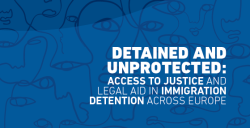
Detained and Unprotected
The report is the latest comparative report by JRS Europe under the Detention Under the Spotlight project. Based on the direct experiences of 14 country offices across Europe, the report finds that migration detention places migrants in a state of limbo where normal justice procedures are easily circumvented. Also migrants face barriers in accessing justice due to a lack of transparency.
-
Programmes

Detention Under the Spotlight
JRS Europe Europe works together with the JRS country offices to collect detention visitors’ observations systematically, compare them, look for trends, identify good practices and formulate recommendations for improvement. By telling the stories of the people we meet in detention, we want to expose the structural problems in hopes of gaining support in our call to end immigration detention.
-
Campaigns
Why your vote in the EU Elections matter to End Migration Detention?
Deprivation of liberty is an extremely dehumanizing and harsh measure that is proven to be harmful for people’s physical and mental health. Detention is usually justified to either deter arrivals, enforce return of irregularly staying migrants or avoid people leaving without fulfilling their asylum procedure. However, there is no evidence to support any of these views. Moreover, most people in detention because of migration procedures, never committed a crime and represent no danger to the host society. We want the European Parliament to strongly question the use of detention and ask for the implementation of alternatives to detention. Until we end migration detention, we want the European Parliament to ensure that the detention conditions are humane.
Programme Stories
18th DVSG: Deepening our understanding of vulnerability in detention and the role of JRS
25 November 2024
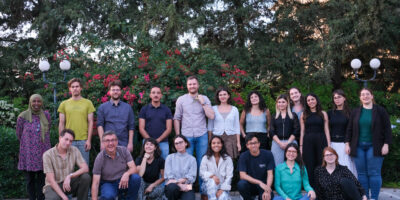
JRS Malta event puts detention under the spotlight
26 June 2024

“Bringing hope without losing hope”, the aim of the DVSG
30 November 2022

40 years of JRS and 20 years of JRS Belgium
08 December 2020
